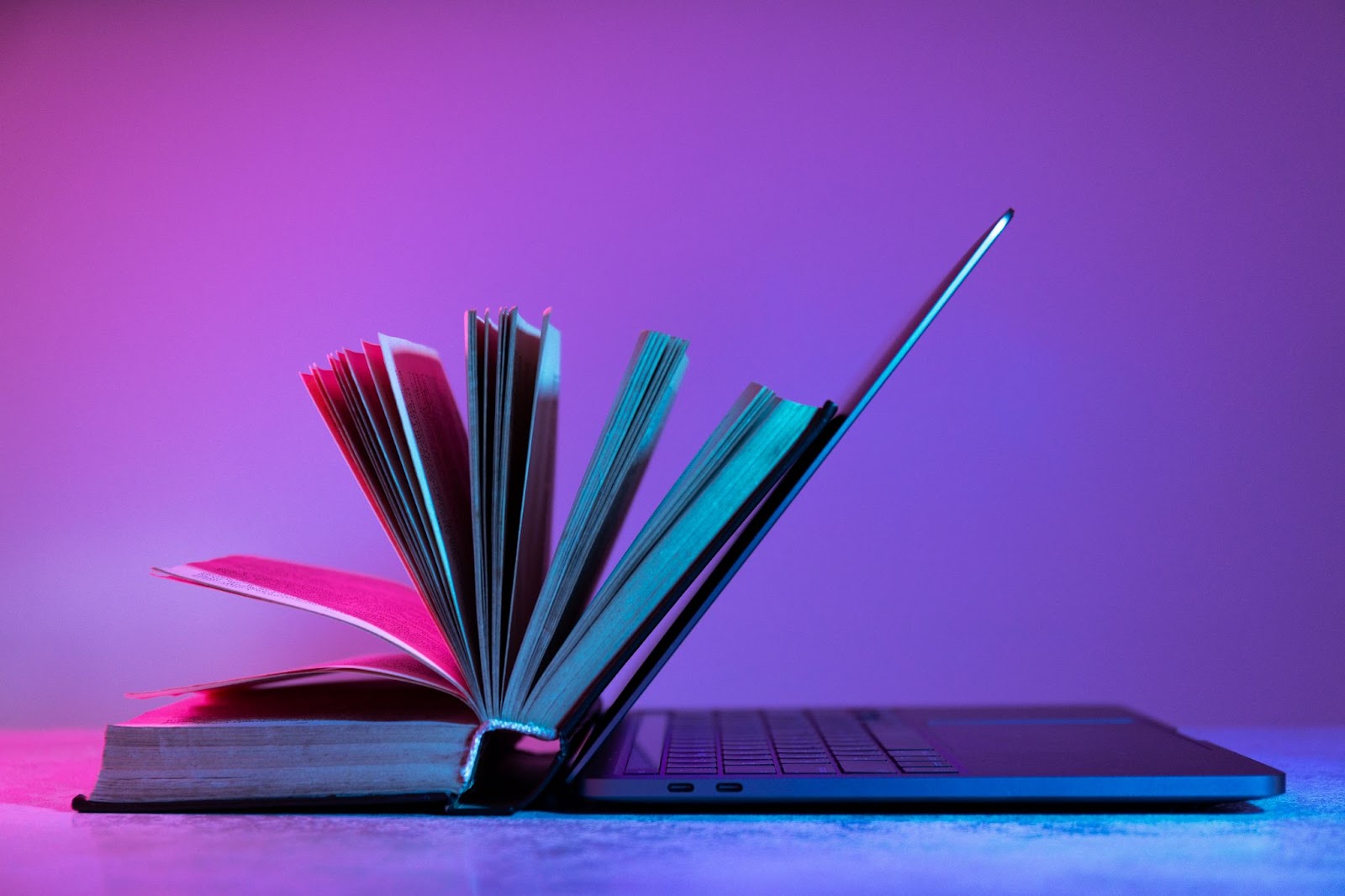How Digital Boards are Solving the Biggest Challenges in Modern Education?

Education has always been a cornerstone of progress, but modern times have brought challenges that traditional teaching tools struggle to address. Digital board for classrooms is a revolutionary solution that is transforming the way teachers teach and students learn. These high-tech tools are bridging gaps, enhancing engagement, and addressing some of the most pressing issues in today’s education system.

Source: Freepik
Key Challenges in Modern Education
1. Lack of Student Engagement
Traditional methods like chalkboards often fail to keep students interested. Passive learning, where students simply listen and take notes, leaves little room for interaction or excitement.
2. Limited Access to Quality Resources
Not all schools have access to modern teaching aids or enough printed materials for every student. This disparity creates unequal learning opportunities.
3. Difficulty in Explaining Complex Concepts
Some topics are inherently abstract and hard to explain through text or static visuals, especially in subjects like science and math.
4. Time Constraints for Teachers
Teachers are often stretched thin, juggling lesson planning, teaching, and assessments. Inefficient teaching tools can exacerbate this issue, leaving little time for personalized attention.
How Digital Boards Are Changing the Game
1. Interactive Learning for Higher Engagement
Digital boards bring lessons to life. With touch-screen capabilities, students can interact with the board to solve problems, label diagrams, or participate in quizzes. Studies show that interactive learning improves retention rates and keeps students more focused in class.
2. Access to a Wealth of Resources
With smart classroom solutions, teachers can access vast online libraries, videos, and simulations. Digital boards can connect to **smart class apps for teachers**, allowing them to integrate resources directly into their lessons. This ensures all students, regardless of location, receive high-quality education.
3. Simplifying Complex Concepts with Multimedia
Digital boards for teaching allow educators to use animations, 3D models, and videos to explain difficult topics. For instance, a teacher can show a 3D simulation of the human heart to explain blood flow or use animations to demonstrate chemical reactions. These tools make abstract concepts tangible and understandable.

Source: Freepik
4. Saving Time with Pre-Loaded Content
Teachers no longer need to manually draw diagrams or write extensive notes. Many smart classroom solution providers offer pre-designed lesson plans and templates that are ready to use. This enables teachers to focus on individual student needs and makes lesson delivery more efficient.
Advantages of Digital Boards for Classrooms
- Increased Collaboration: Students can work together by sharing their ideas and projects directly on the board.
- Real-Time Feedback: Teachers can instantly assess student performance using features like polls, quizzes, and interactive problem-solving.
- Inclusivity: Digital boards cater to all learning styles—visual, auditory, and kinesthetic—making education accessible to everyone.
Conclusion
Digital boards for classrooms are not just a fancy addition to schools—they are the solution to many persistent challenges in modern education. From improving engagement and simplifying complex concepts to saving teachers time and ensuring resource accessibility, these tools are transforming the classroom experience. As schools adopt smart classroom solutions, they’re investing in a future where education is more inclusive, engaging, and impactful. The shift to digital is no longer optional; it’s the path forward for institutions committed to preparing students for a rapidly evolving world. Book a FREE DEMO today!
Praveen Krishnaiah
Share
Step Into the future of
Education with Roombr









.jpg)
.jpg)
.jpg)
.jpg)






